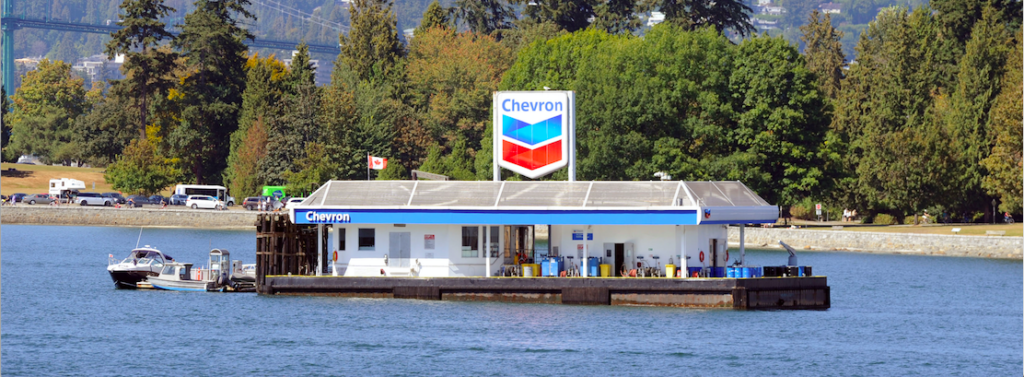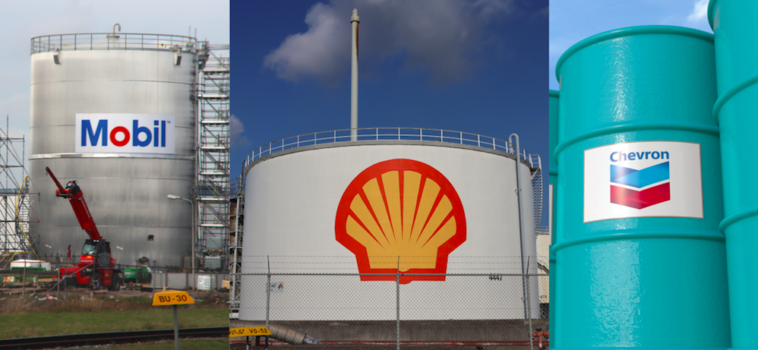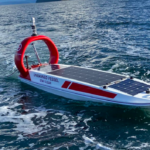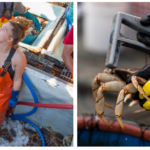The risk of large companies drilling for oil and natural gas off the coast of B.C. has finally come to an end.
Chevron Canada announced earlier this month that it’s “voluntarily relinquishing 19 offshore oil and gas permits” that are located “within the Scott Islands marine National Wildlife Area and the Hecate Strait and Queen Charlotte Sound Glass Sponge Reefs Marine Protected Area (MPA).”

Chevron is the last holder of permits to exit from the region, which includes a critical nesting colony for millions of seabirds, habitats for many marine mammals, and rare ancient glass sponge reefs.
“The policy could change tomorrow. Even if these areas are legally protected, this risk is still out there.”
Ecojustice lawyer Ian Miron
ExxonMobil gave up its nine drilling permits in March and Suncor left its leases last December. Shell had surrendered its drilling rights to the federal government back in 2018.

The industry exodus was hastened by a lawsuit filed last summer by Ecojustice Canada on behalf of the David Suzuki Foundation and World Wildlife Foundation Canada.
That lawsuit asked the federal government to enforce a moratorium on offshore drilling in B.C. waters. The lawsuit’s proponents were worried that if the moratorium were ever lifted, oil and gas companies could one day decide to begin drilling.
“The policy could change tomorrow. Even if these areas are legally protected, this risk is still out there,” Ecojustice lawyer Ian Miron told West Coast Now earlier this year.
With the exit of Chevron, that risk is now greatly diminished.






